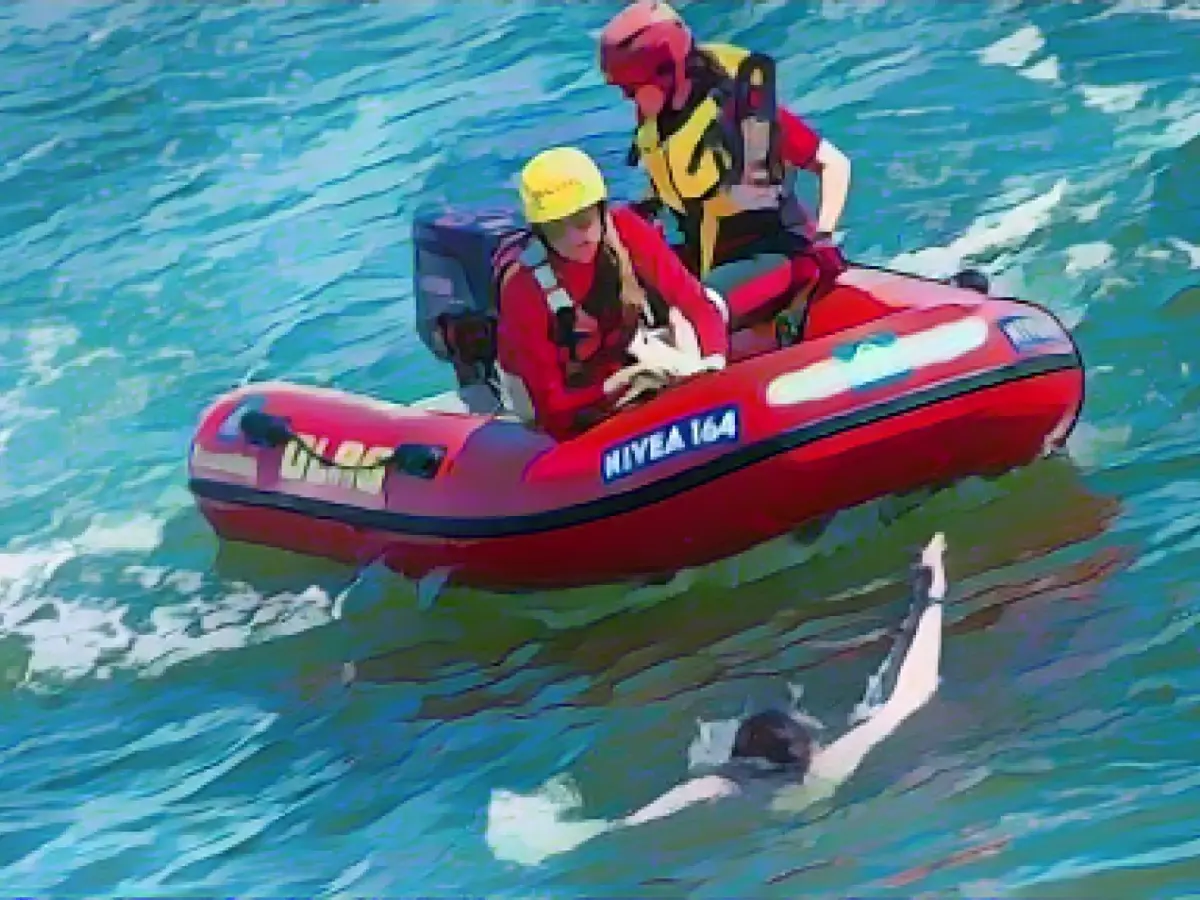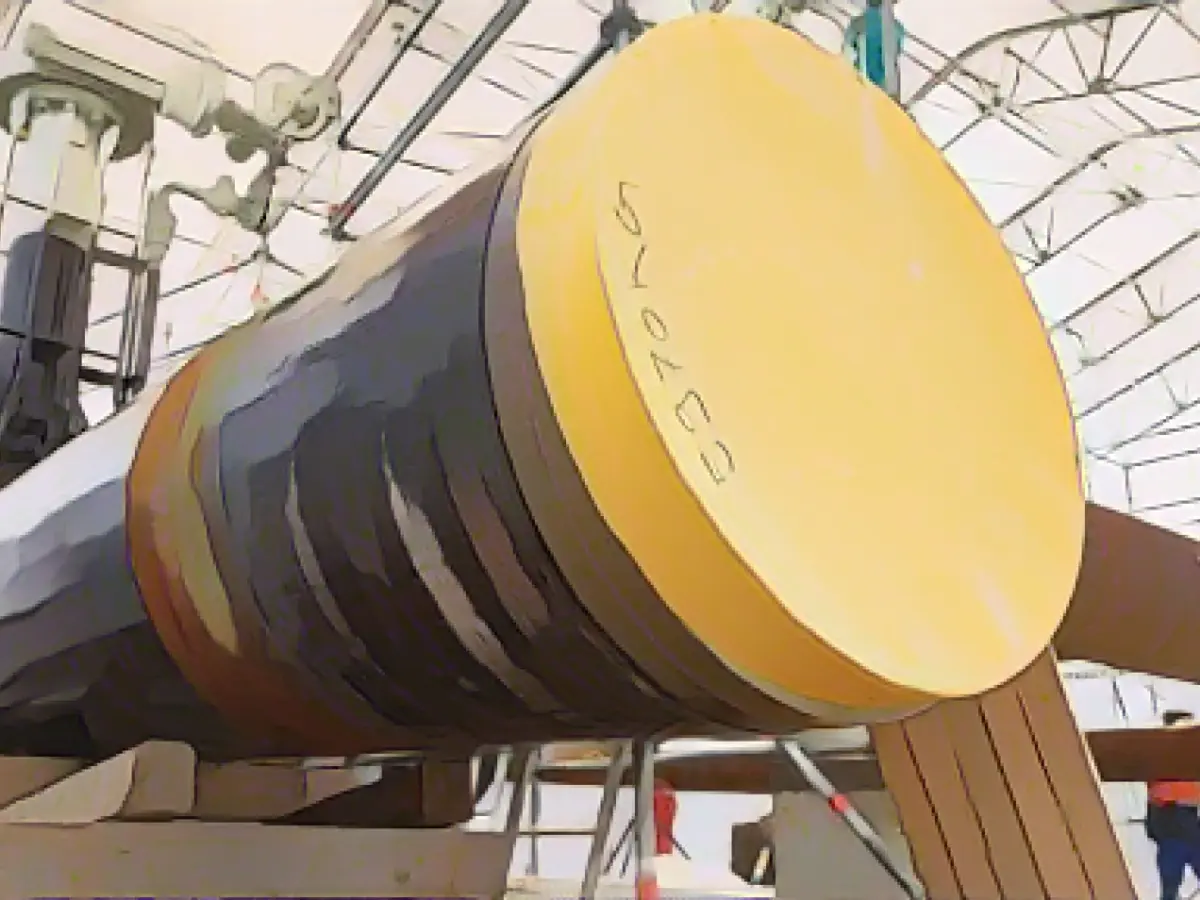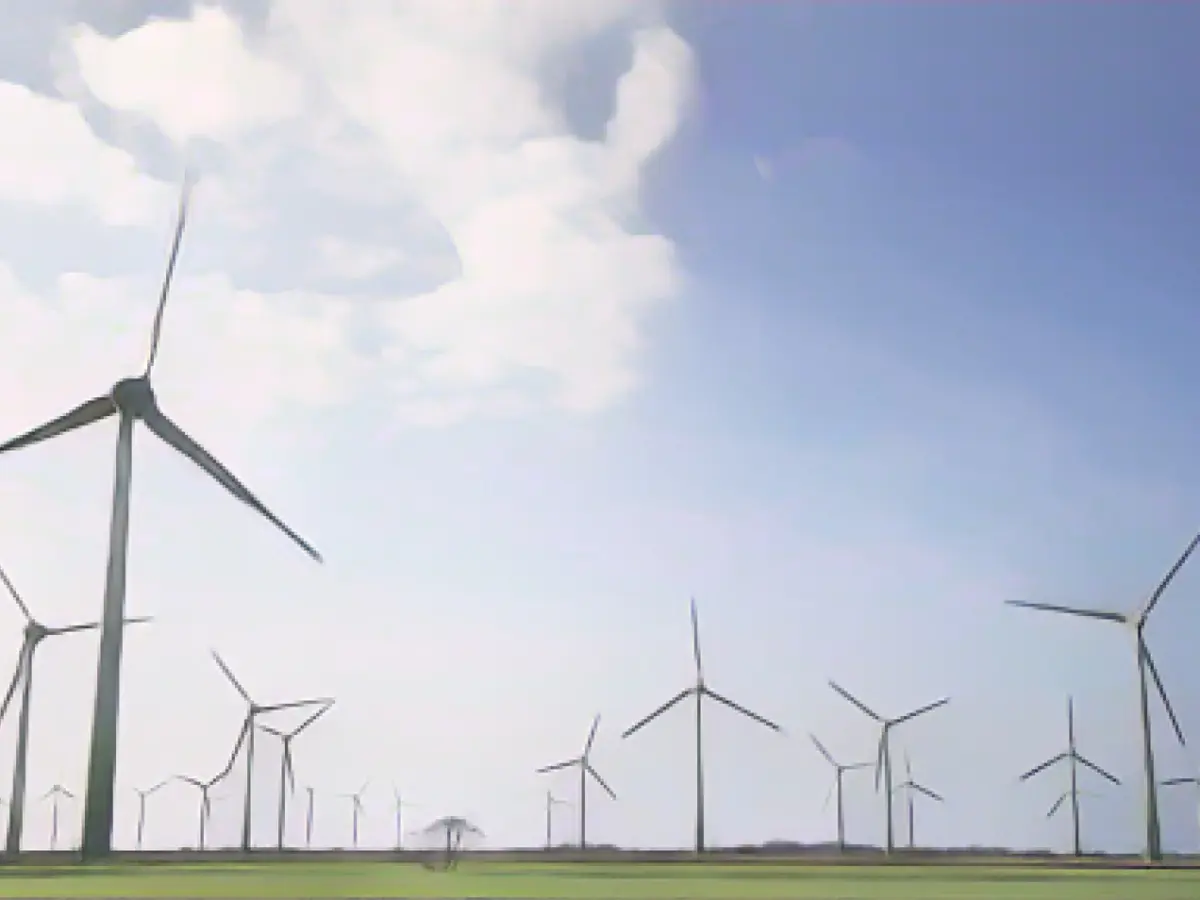The future of Baltic Sea fishing in Germany has been a topic of discussion for the past year, led by the Federal Ministry of Agriculture. The commission tasked with this mission includes representatives from authorities, associations, and scientists, totaling 30 members. Their findings will be shared at a public event in Berlin on Monday.
The Baltic Sea's fish stocks and environmental health are in dire straits. As a result, German Baltic Sea fishermen will only be allowed to catch limited quantities of cod and herring in 2024. While EU member states have decided that herring may continue to be largely ignored in the western Baltic Sea, there are exceptions for small boats.
The mission, based in Schleswig-Holstein, aims to develop strategies to improve the health of Mecklenburg-Vorpommern's fishing industry, a fellow Baltic Sea coastal state. The Federal Ministry of Agriculture has also emphasized the importance of promoting sustainable fishing practices in the Baltic Sea, aiming to ensure a more robust future for the industry as a whole.
Relevant Insights
Strategies to revitalize the German Baltic Sea fishing industry include:
- Mechanical Shelling: Integrating mechanical shelling processes, rather than outsourcing the task, can lead to cost savings and improved efficiency.
- Internalized Marketing and Sales: By taking control of marketing and sales, fisheries can increase control over their value chain and boost profitability.
- Diversity in Teams: Introducing more diversity within both the fleet and administrative teams can foster innovation and enhance the shrimp business.
- Streamlined Operations: Externalizing non-core tasks and reducing capital costs can help maintain profitability despite external pressures.
- Regulatory Flexibility: Balancing traditional methods and environmental regulations can help preserve cultural heritage amidst increased regulations.
- Participatory Governance: Collaborative approaches can integrate knowledge and improve the effectiveness of marine protected areas (MPAs) and management plans, supporting sustainable conservation efforts.
- Ecosystem-Based Management: Considering the variability and seasonality of ecosystem services can contribute to environmentally-friendly fishing practices.
While the exact recommendations from the Federal Ministry of Agriculture have yet to be revealed, these strategies should offer potential solutions to the challenges faced by the Baltic Sea fishing industry.








